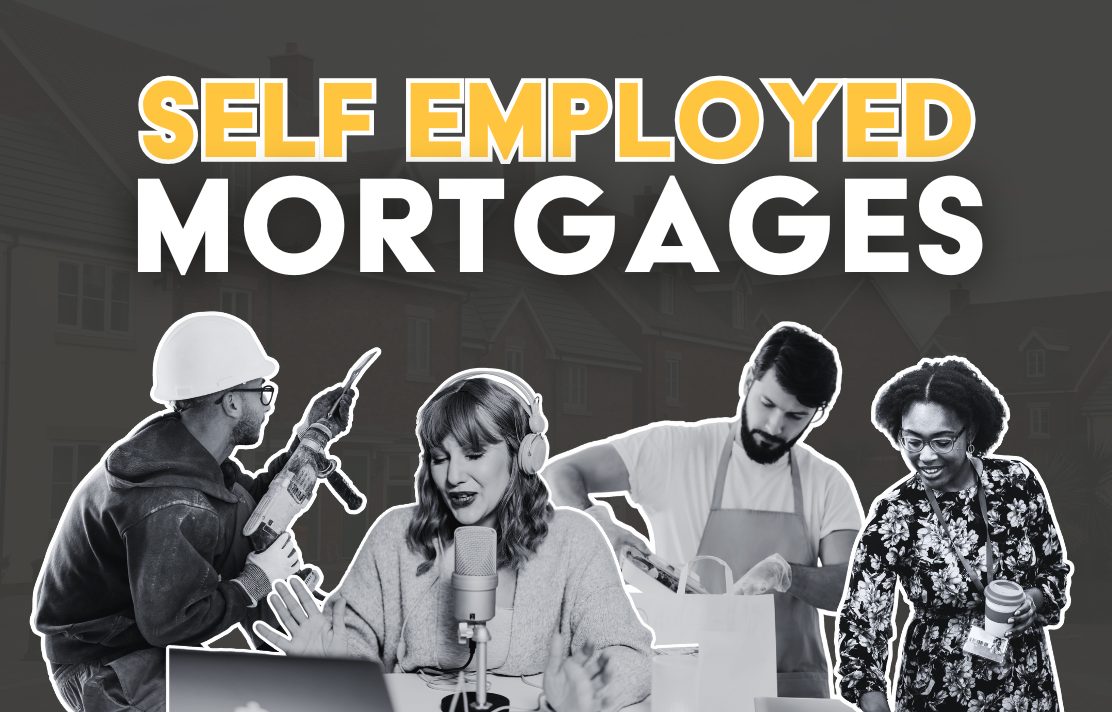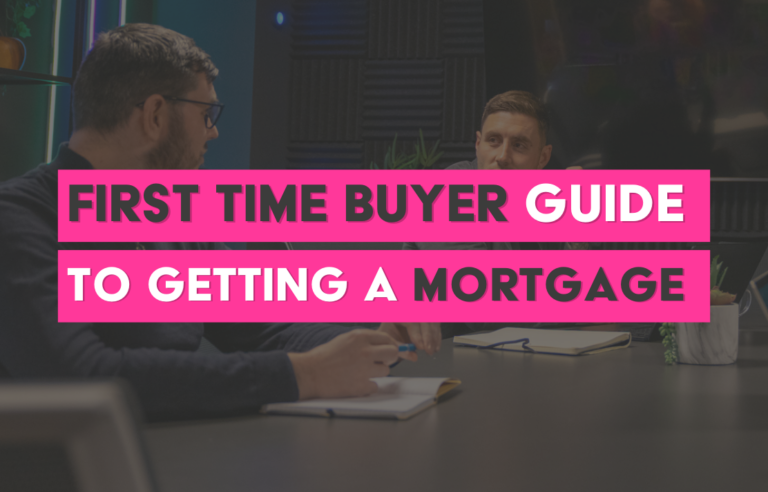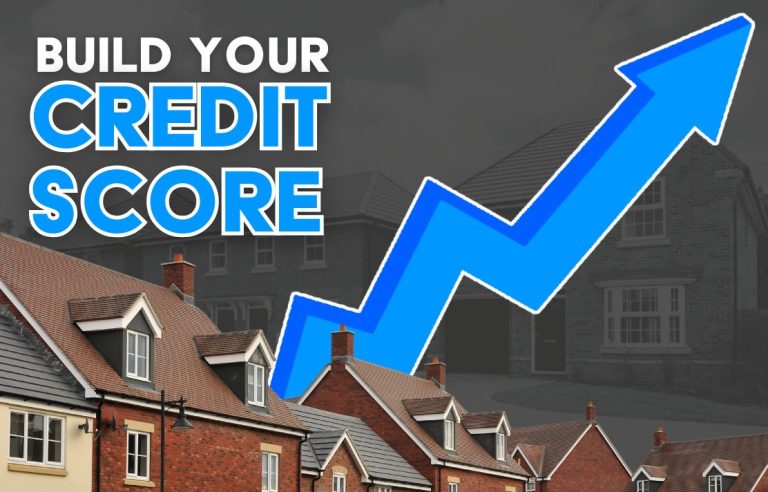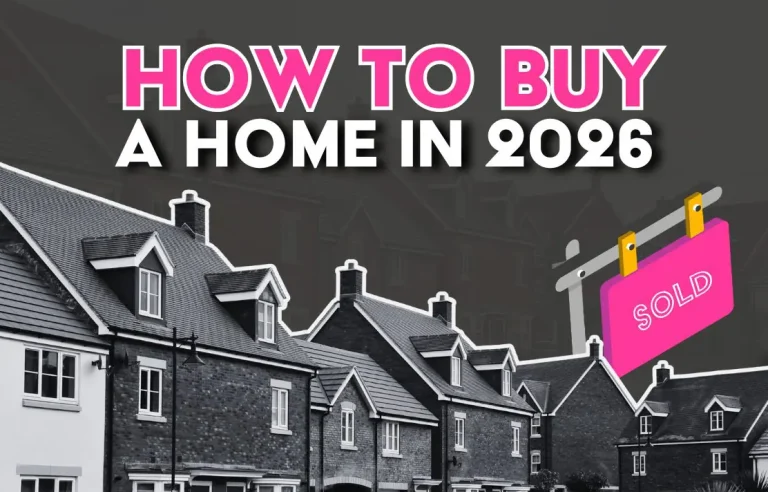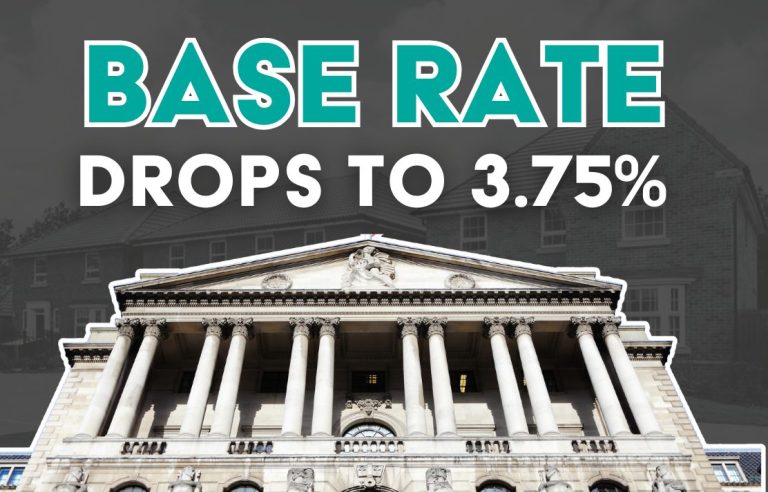Running your own business comes with plenty of freedom but when it comes to getting a mortgage, it can also bring a few extra hoops to jump through.
If you’re self-employed and planning to buy a home, you might have heard that things are “more complicated.” The truth? It’s not harder it’s just a little different. Here’s what you need to know to get mortgage-ready with confidence.
What a Self-Employed Mortgage Actually Is
Let’s clear something up first: there’s no special “self-employed mortgage.” It’s the same mortgage everyone else applies for the only difference is how your income is assessed.
If you own 20–25% (or more) of a business, or you work for yourself, lenders will class you as self-employed. That includes:
- Sole traders
- Limited company directors
- Freelancers and contractors
- Business partners
So, whether you run a small business, freelance on the side, or direct a limited company, the process is the same lenders just need a bit more detail about your income.
How Lenders Look at Self-Employed Applicants
Lenders are mainly looking for stability and consistency. They want to see that your income is reliable and can comfortably cover your mortgage payments.
Most lenders ask for two to three years of accounts or tax returns. They’ll either average your income across those years or, if your earnings have dropped, they may base affordability on the lowest figure.
If your income varies month-to-month (as it often does for freelancers or contractors), expect a bit more scrutiny and paperwork but that’s perfectly normal.
Your credit history, deposit size, and overall financial track record also help show you’re a safe bet.
The Documents You’ll Need
To prove your income, most lenders will ask for:
- SA302 tax calculations and Tax Year Overviews (from HMRC) for the past two or three years
- Certified or accountant-prepared accounts
- Three to six months of bank statements (personal and business)
- Proof of upcoming work or contracts (for freelancers and contractors)
- Salary and dividend details if you’re a company director and sometimes retained profits too
Having these ready early makes the whole process much smoother.
How Long You Need to Be Self-Employed
Most lenders prefer at least two years of trading history, but it’s not a deal-breaker if you’ve only been self-employed for one year, especially if you’ve worked in the same industry for longer or your income looks strong.
If you’ve been self-employed for less than a year, your options are more limited, but there are a few specialist lenders who may still consider you.
The key thing is to keep your accounts up-to-date and accurate. Lenders usually want them signed off within the last 18 months.
Common Challenges (and Why They’re Normal)
Being self-employed doesn’t mean you’ll struggle to get a mortgage but you might face a few extra steps:
- Fluctuating income can make lenders more cautious.
- More documents are needed to prove affordability.
- Underwriting can take longer as lenders review your accounts in more detail.
- Fewer lenders may be available if your accounts are new or inconsistent.
It’s nothing to worry about just part of the process. And with the right support, it’s all completely manageable.
How to Improve Your Chances
Here are some practical ways to boost your mortgage prospects:
- Work with a qualified accountant. Lenders trust professionally prepared accounts.
- Keep your records current. Up-to-date accounts make you look organised and reliable.
- Be mindful of expenses. Writing off too much can reduce your declared income.
- Save for a bigger deposit. It gives you more options and better rates.
- Maintain a good credit score. It shows you manage money well.
- Show steady or growing income trends. Lenders love seeing progress.
Use a mortgage broker who specialises in self-employed cases. They’ll know which lenders fit your situation best.
Self Employed Mortgages – Frequently Asked Questions
How many years of accounts do I need?
Usually two, but some lenders will consider one solid year.
Can I get a mortgage with just one year of self-employment?
Yes if you’ve got a strong income and a solid background in your industry.
Do self-employed people pay higher rates?
Not automatically. Your rate depends on your credit profile, deposit, and lender choice not your job type.
What documents will I need?
Your SA302s, Tax Overviews, accounts, bank statements, and proof of contracts or future work.
Can freelancers or contractors get a mortgage?
Absolutely. Some lenders will even calculate your income based on your day rate or ongoing contracts.
Can I get a joint mortgage if one of us is self-employed?
Yes, the lender will assess both incomes together.
At UK Mortgage Centre, we’re here to help you make informed decisions about your mortgage. Our experts can guide you through the process, ensuring you find the best solution tailored to your needs.
Call us on 01925 573328
Email: hello@ukmc.co.uk
Or book your own appointment to speak with one of our friendly advisers.
Let us assist you in making your next move a smooth and successful one.
Disclaimer
UK Mortgage Centre is a trading style of Refresh Mortgage Network Limited. Refresh Mortgage Network Limited is authorised and regulated by the Financial Conduct Authority. FRN – 826982. Registered in England & Wales: 11614569. As a mortgage is secured against your home, it could be repossessed if you do not keep up the mortgage repayments. The Financial Conduct Authority does not regulate some forms of buy-to-let mortgages. The Financial Conduct Authority does not regulate will writing and taxation and trust advice.

